Britain has 91 troops ‘on loan’ to Oman, where serving UK military pilots are flying Omani fighter jets, helicopters and military transport planes under a secretive scheme designed to bolster the repressive monarchy, Declassified UK can reveal.
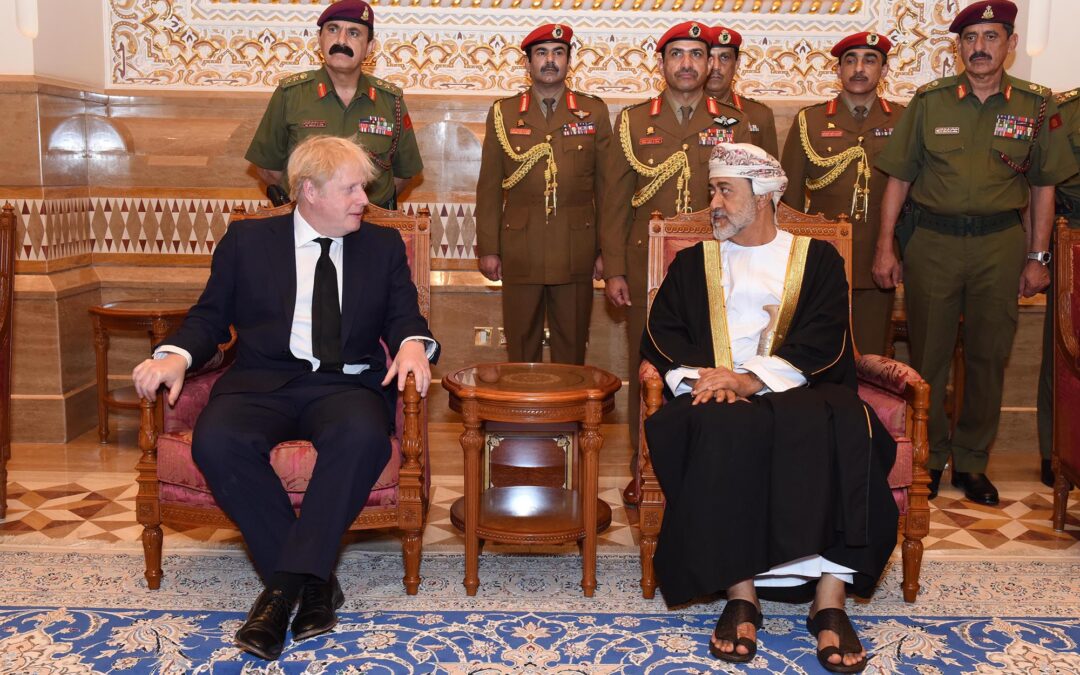

by PHIL MILLER | 20 July 2020
TAGGED: Oman
Britain has 91 troops ‘on loan’ to Oman, where serving UK military pilots are flying Omani fighter jets, helicopters and military transport planes under a secretive scheme designed to bolster the repressive monarchy, Declassified UK can reveal.
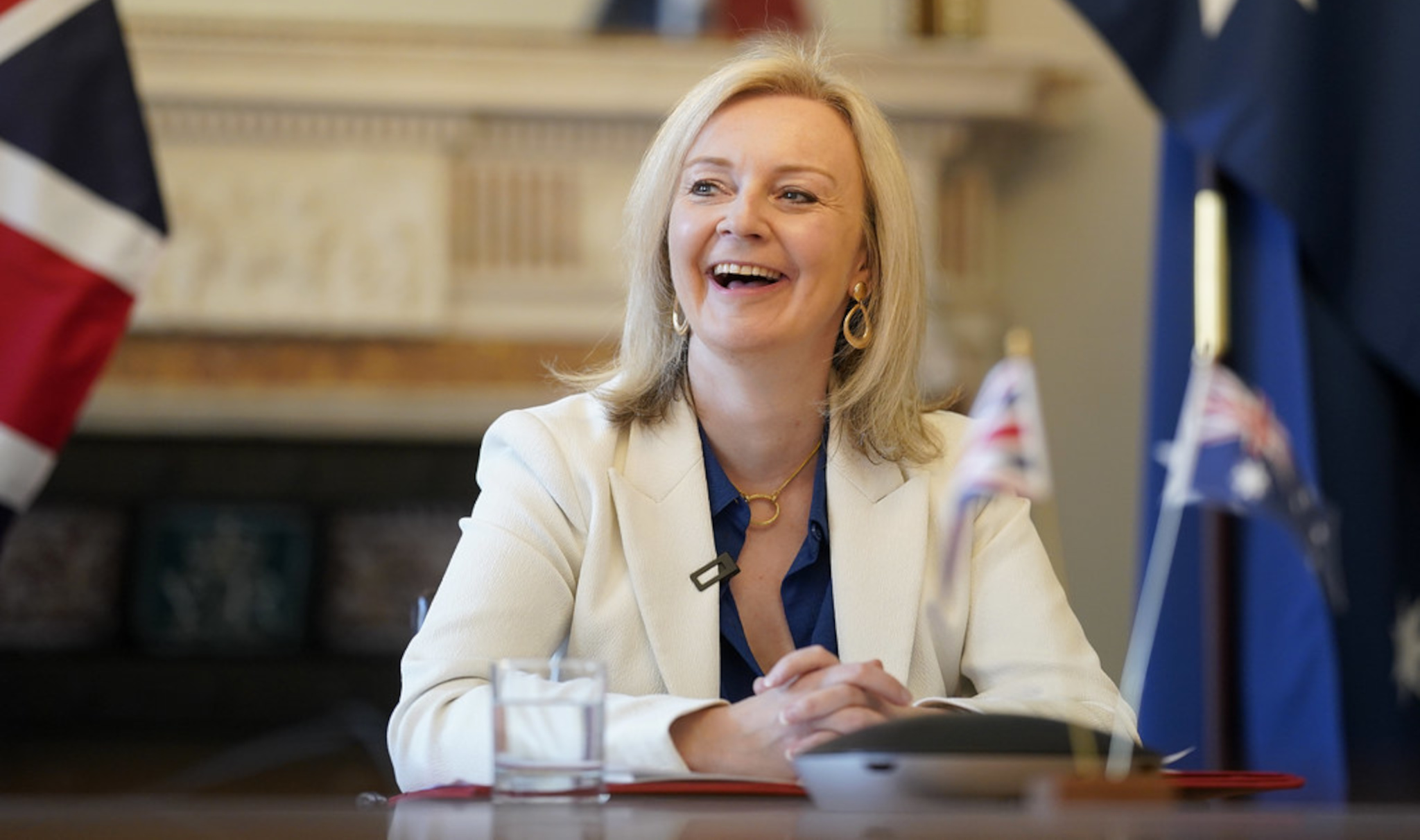
by PHIL MILLER | 15 July 2020
TAGGED: Saudi Arabia, Yemen
Airstrikes in Yemen by the Saudi-led coalition killed eight children shortly before and after the UK government claimed there was ‘not a clear risk’ of British weapons being used for war crimes, Declassified has found.
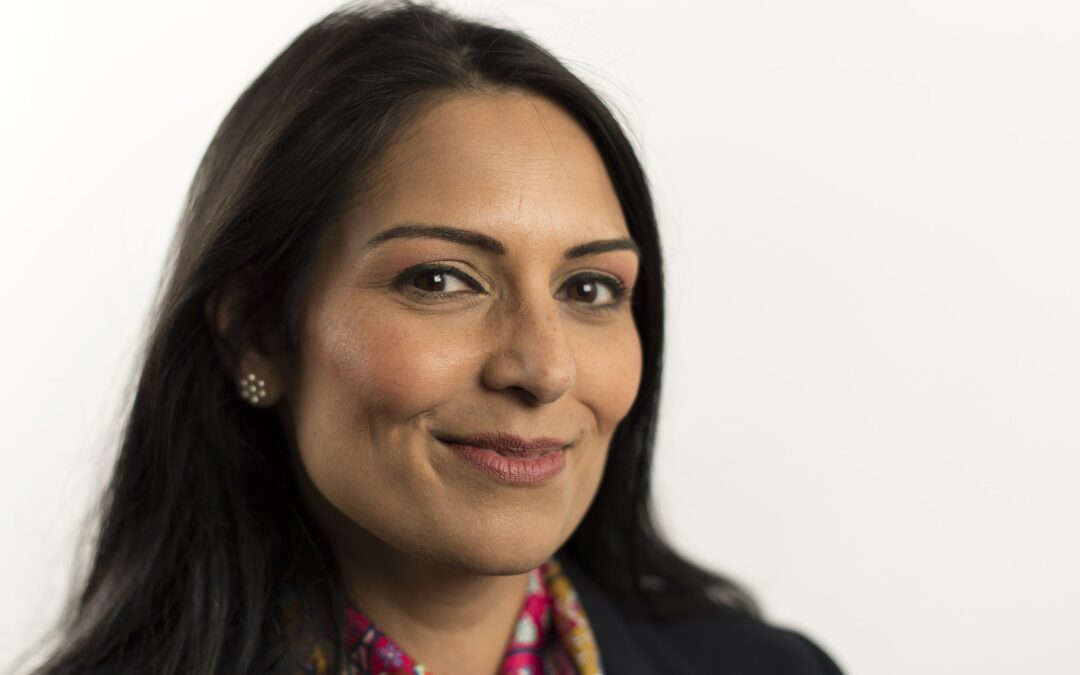
by MATT KENNARD | 14 July 2020
The Conservative government gave more than £80,000 to a right-wing lobby group which has paid thousands of pounds in benefits to Priti Patel, now home secretary, and Michael Gove, now cabinet office minister, it can be revealed.
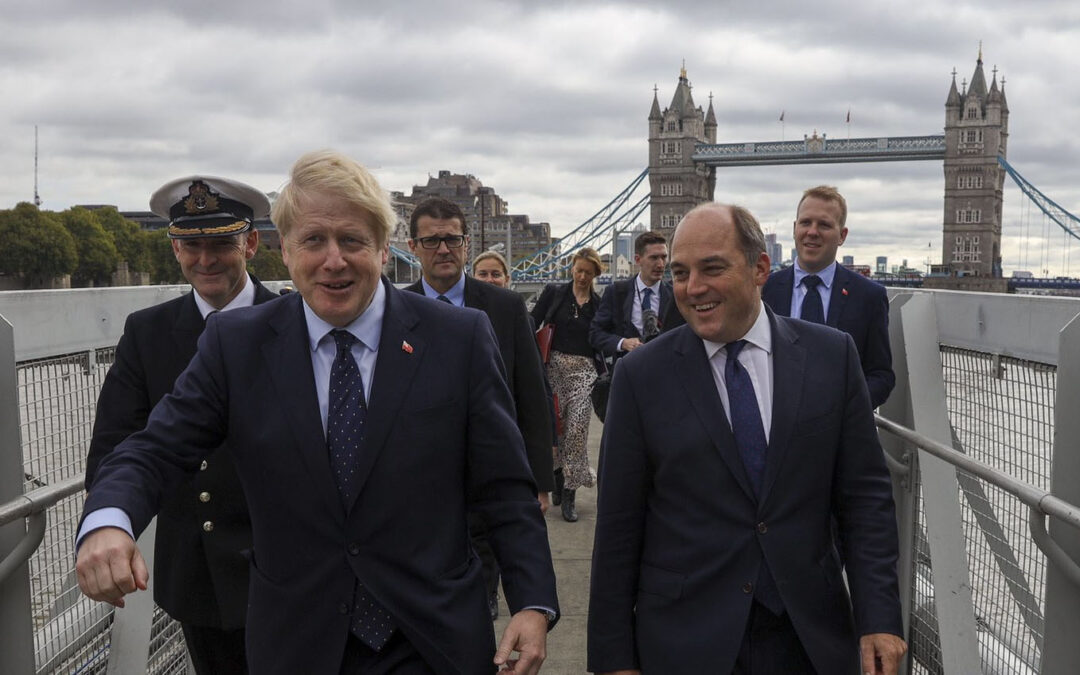
by PHIL MILLER | 7 July 2020
TAGGED: Bahrain, Saudi Arabia, UAE, Yemen
The Saudi-led coalition has received British training on naval tactics that could be used for blockading Yemen, an embargo which UN experts have described as ‘unlawful’. Amnesty International says the new information is ‘deeply concerning’.
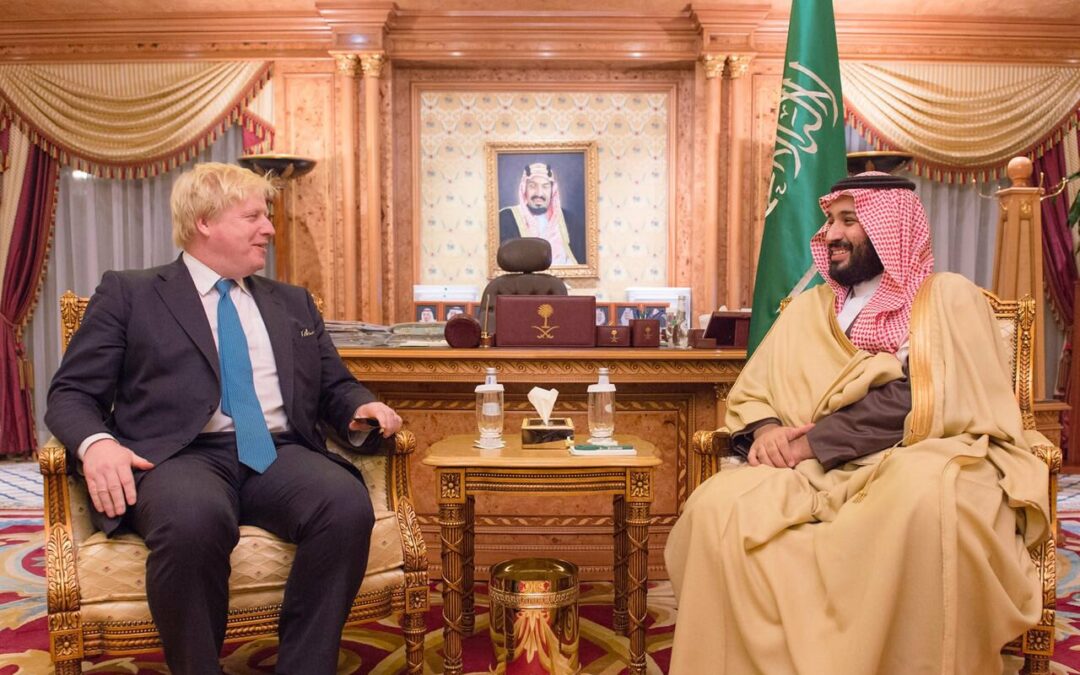
by PHIL MILLER | 3 July 2020
New data shows Britain’s Royal Air Force trained Saudi personnel in 2019 on fighter jets used to bomb civilians in Yemen – a country on the brink of famine – while UK soldiers coached other forces in the Saudi-led coalition at nearly a dozen army bases in Britain.
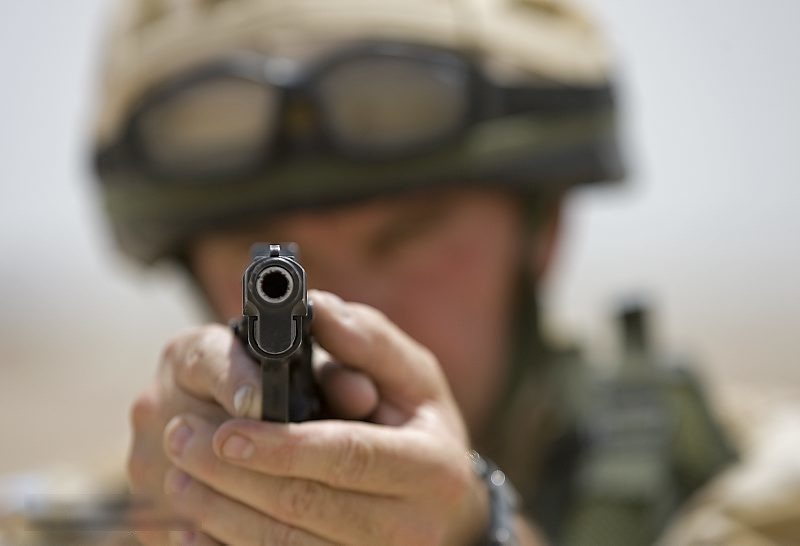
by MICHAEL SELBY-GREEN | 23 June 2020
TAGGED: Iraq
The British army’s choice of unqualified junior officers to lead its police investigations unit during and after the 2003 invasion of Iraq contributed to soldiers escaping accountability for abuses, former members of the unit have told Declassified UK.

by PHIL MILLER | 18 June 2020
TAGGED: BAE Systems, Raytheon, Saudi Arabia, Scotland, Yemen
A bomb factory in Scotland providing missile parts for Saudi Arabia’s air force has not been checked in over three years, missing the UK government’s own inspection deadlines. Weaponry produced by Raytheon in Glenrothes is linked to war crimes in Yemen.
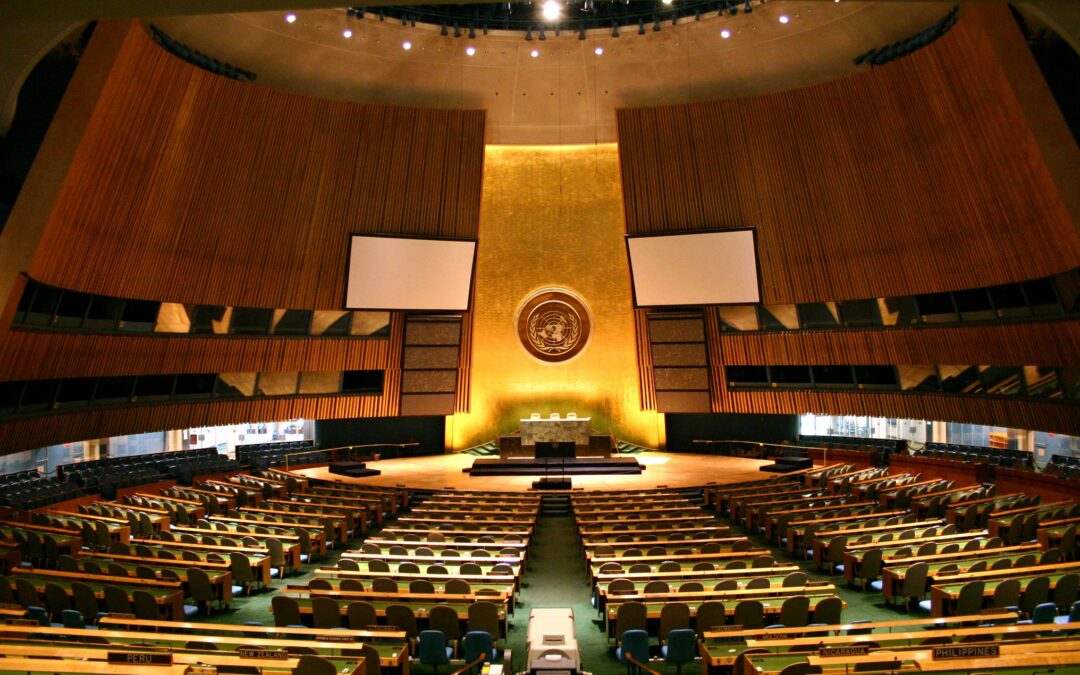
by PHIL MILLER | 17 June 2020
TAGGED: Declassified files, Keenie Meenie Services
Following recent revelations that UK mercenaries fought on the same side as Vladimir Putin’s forces in Libya, Declassified exposes how Britain has blocked international efforts to ban private armies – partly to protect its own use of Gurkhas and other foreign fighters.

by PHIL MILLER | 10 June 2020
TAGGED: Cyprus
Military exercises at British bases in the Mediterranean are causing miscarriages and deaths among farm animals, generating hundreds of compensation claims each year, and threatening protected environmental sites, Declassified UK can reveal.
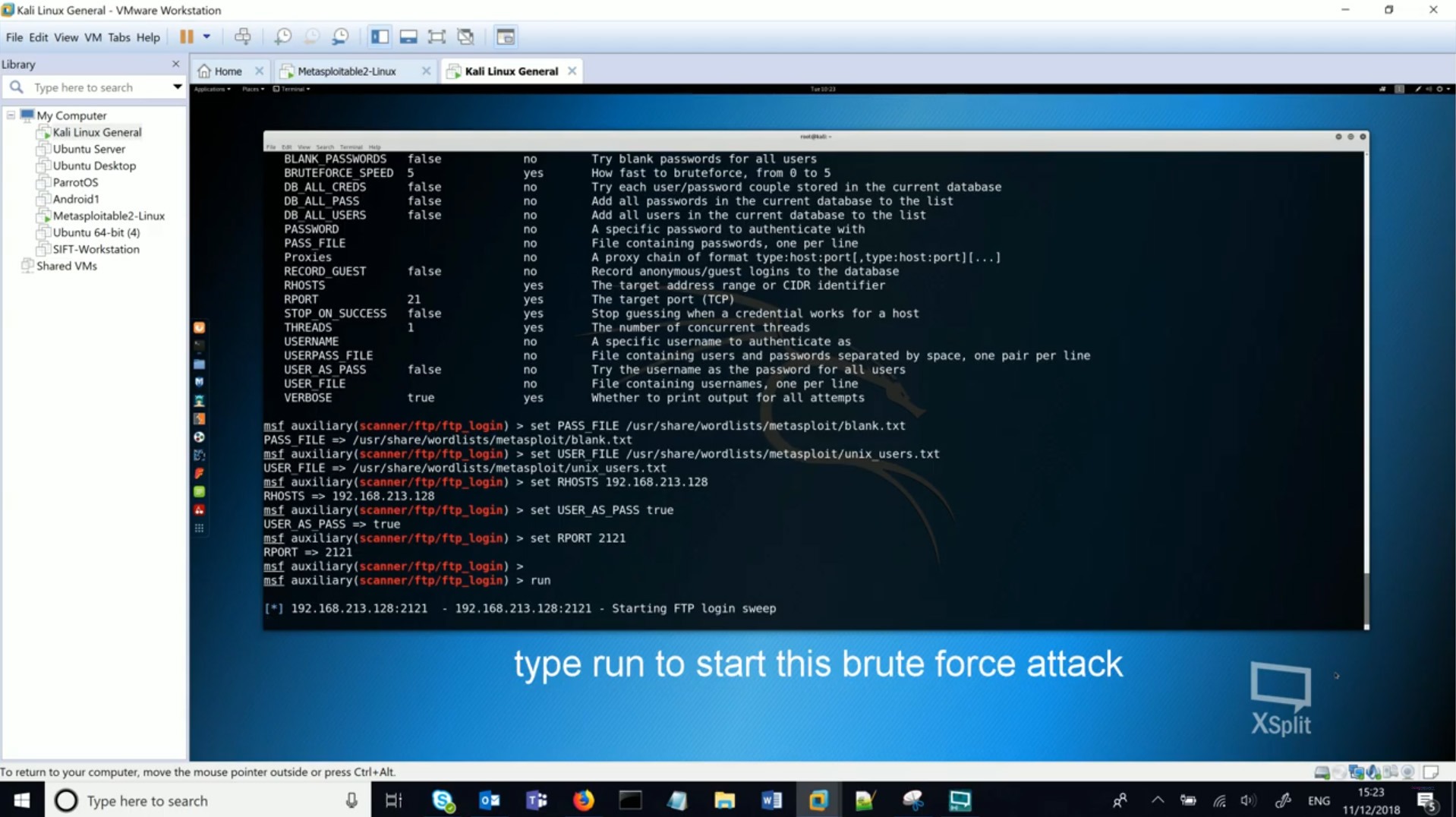
by MATT KENNARD | 4 June 2020
TAGGED: GCHQ
GCHQ, the UK’s largest intelligence agency, is enabling a company set up by the former commander of its top-secret cyber warfare unit to enter dozens of British schools, where it is teaching children how to spy on others, to hack, and launch “brute force” cyber attacks.
| Cookie | Duration | Description |
|---|---|---|
| cookielawinfo-checkbox-analytics | 11 months | This cookie is set by GDPR Cookie Consent plugin. The cookie is used to store the user consent for the cookies in the category "Analytics". |
| cookielawinfo-checkbox-functional | 11 months | The cookie is set by GDPR cookie consent to record the user consent for the cookies in the category "Functional". |
| cookielawinfo-checkbox-necessary | 11 months | This cookie is set by GDPR Cookie Consent plugin. The cookies is used to store the user consent for the cookies in the category "Necessary". |
| cookielawinfo-checkbox-others | 11 months | This cookie is set by GDPR Cookie Consent plugin. The cookie is used to store the user consent for the cookies in the category "Other. |
| cookielawinfo-checkbox-performance | 11 months | This cookie is set by GDPR Cookie Consent plugin. The cookie is used to store the user consent for the cookies in the category "Performance". |
| viewed_cookie_policy | 11 months | The cookie is set by the GDPR Cookie Consent plugin and is used to store whether or not user has consented to the use of cookies. It does not store any personal data. |